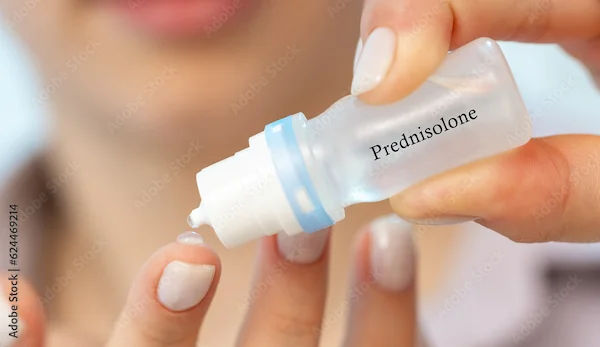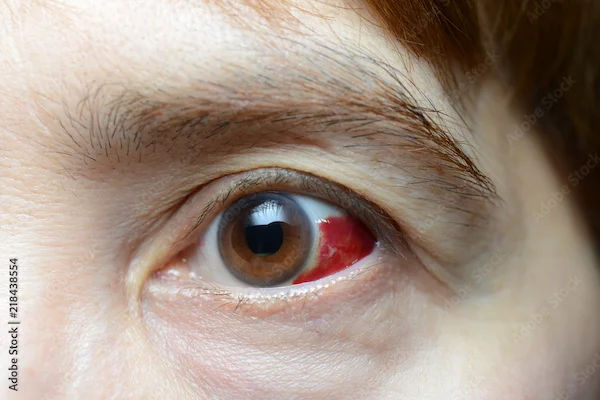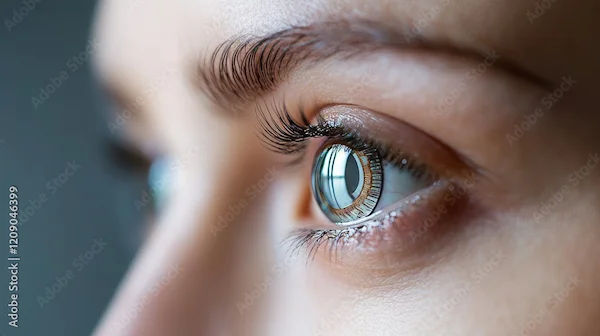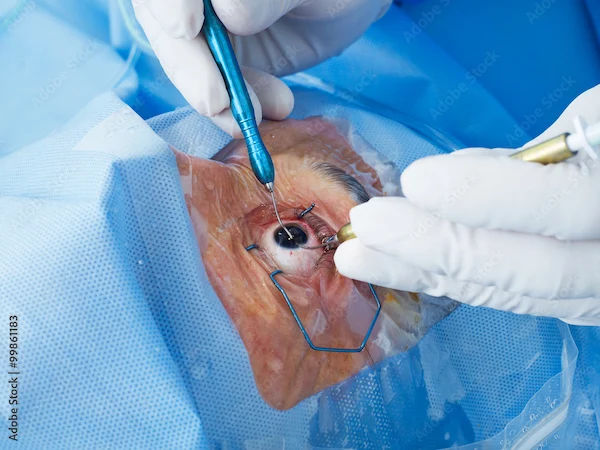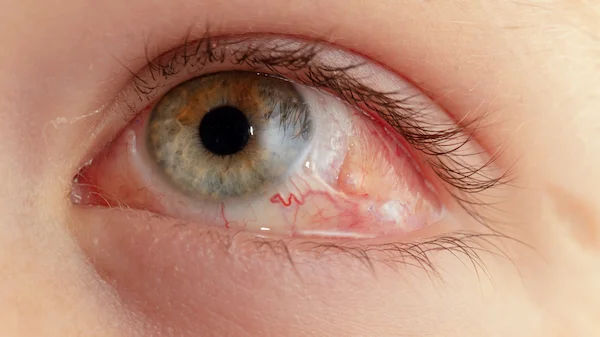Prednisolone Eye Drops Before Cataract Surgery: Know What Is The Use
Learn the purpose of using Prednisolone eye drops before cataract surgery. Discover how this anti-inflammatory medication helps ensure a smooth procedure and supports faster post-operative recovery.

Written by
Last updated on 4th Jul, 2025
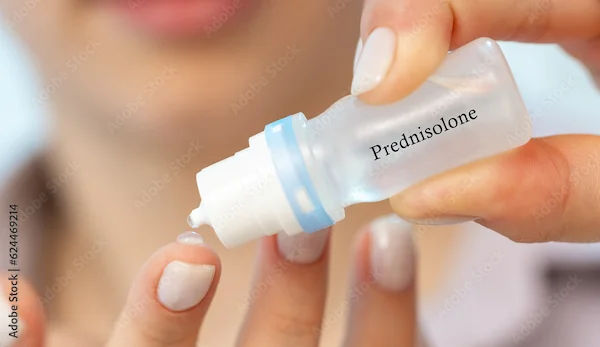
Introduction
If you or a loved one is preparing for cataract surgery, your doctor may have prescribed prednisolone eye drops. You might be wondering, why are these drops necessary? How do they help? And what should you know before using them? This article will explain everything in simple terms, so you feel informed and confident before your surgery.
What Are Prednisolone Eye Drops?
Prednisolone is a steroid eye drop used to reduce inflammation (swelling and redness) in the eye. Before cataract surgery, doctors often prescribe these drops to:
Prevent inflammation that can occur during and after surgery.
Lower the risk of infection and complications.
Help the eye heal faster after the procedure.
Since cataract surgery involves removing the cloudy lens and replacing it with an artificial one, the eye may react with mild swelling or irritation. Prednisolone helps keep this under control.
Why Are These Drops Used Before Cataract Surgery?
Doctors recommend starting prednisolone eye drops a few days before surgery for the following reasons:
1. Pre-Surgery Preparation: By reducing inflammation beforehand, the eye is in a better condition for surgery.
2. Preventing Post-Surgery Complications: Some patients may develop swelling or discomfort after surgery; these drops help minimise that.
3. Enhancing Healing: A calm, inflammation-free eye recovers faster.
Consult Top Specialists for Personalised Tips
How to Use Prednisolone Eye Drops Correctly?
Using eye drops properly ensures they work effectively. Here’s a simple step-by-step guide:
1. Wash your hands thoroughly with soap and water.
2. Tilt your head back and gently pull down your lower eyelid to create a small pocket.
3. Hold the dropper close (without touching your eye) and squeeze one drop into the pocket.
4. Close your eye gently for about 30 seconds to let the medicine spread.
5. Avoid blinking excessively or rubbing your eye immediately after.
6. Wait 5 minutes before using any other eye drops (if prescribed).
Important Tips:
Do not skip doses: Follow your doctor’s schedule strictly.
Do not stop suddenly: Your doctor will guide you on when to taper off.
Avoid contamination: Do not let the dropper touch your eye or fingers.
Possible Side Effects and Precautions
While prednisolone eye drops are generally safe, some people may experience:
Mild stinging or burning (usually temporary).
Blurred vision for a short time after application.
Increased eye pressure (rare, but important to monitor in glaucoma patients).
When to Call Your Doctor?
If you notice:
Severe pain or worsening redness.
Vision changes that don’t improve.
Signs of infection (yellow/green discharge).
Lifestyle Tips for a Smooth Recovery After Cataract Surgery
Besides using prednisolone drops, here’s how you can support your healing:
Avoid rubbing your eyes: This can cause irritation.
Wear sunglasses: Protect your eyes from bright light and dust.
Skip swimming and heavy workouts for a few weeks.
Follow your doctor’s advice on when to resume driving and other activities.
Conclusion
Prednisolone eye drops play a key role in ensuring a safe and comfortable cataract surgery experience. By reducing inflammation before and after the procedure, they help your eyes heal smoothly. If you have any concerns about using these drops or your upcoming surgery, don’t hesitate to discuss them with your eye specialist.
Consult Top Eye Surgeon
Consult Top Specialists for Personalised Tips
Dr. S Venkateswaran
Ophthalmologist
35 Years • MBBS, PGD (OPTHALMOLOGY)
Tiruvannamalai
Shiva Eye And General Hospital, Tiruvannamalai

Dr. Umang Thakkar
Ophthalmologist
2 Years • MBBS,MS OPHTHALMOLOGY
Rajkot
Shree Ramkrishna Eye Hospital, Rajkot

Dr Rajesh Rastogi
Ophthalmologist
33 Years • MBBS, MS Ophthalmology
New Delhi
Rotary Diabetic Centre, New Delhi

Dr. Syed Saifullah Bokhari
Ophthalmologist
4 Years • MBBS, MS(Ophthalmology)
Bengaluru
Vasan Eye Care, Bengaluru

Dr. Ipsita Konar
Ophthalmologist
4 Years • MBBS, MS Ophthalmology,MRCSEd(Ophth)
Kolkata
Vision Clinic, Kolkata
Consult Top Eye Surgeon
Dr. S Venkateswaran
Ophthalmologist
35 Years • MBBS, PGD (OPTHALMOLOGY)
Tiruvannamalai
Shiva Eye And General Hospital, Tiruvannamalai

Dr. Umang Thakkar
Ophthalmologist
2 Years • MBBS,MS OPHTHALMOLOGY
Rajkot
Shree Ramkrishna Eye Hospital, Rajkot

Dr Rajesh Rastogi
Ophthalmologist
33 Years • MBBS, MS Ophthalmology
New Delhi
Rotary Diabetic Centre, New Delhi

Dr. Syed Saifullah Bokhari
Ophthalmologist
4 Years • MBBS, MS(Ophthalmology)
Bengaluru
Vasan Eye Care, Bengaluru

Dr. Ipsita Konar
Ophthalmologist
4 Years • MBBS, MS Ophthalmology,MRCSEd(Ophth)
Kolkata
Vision Clinic, Kolkata
